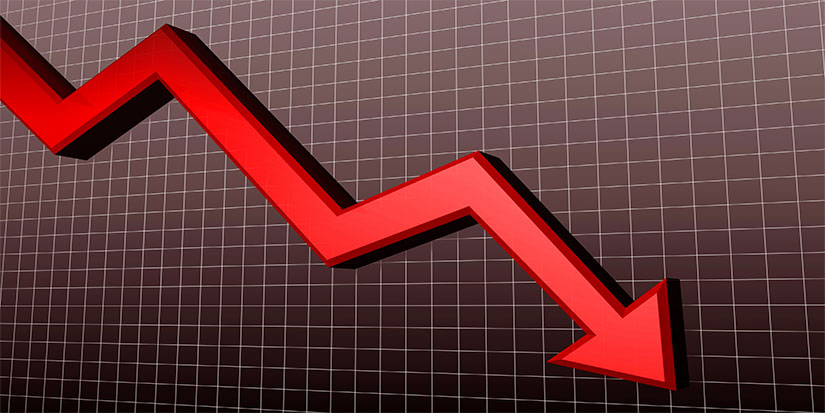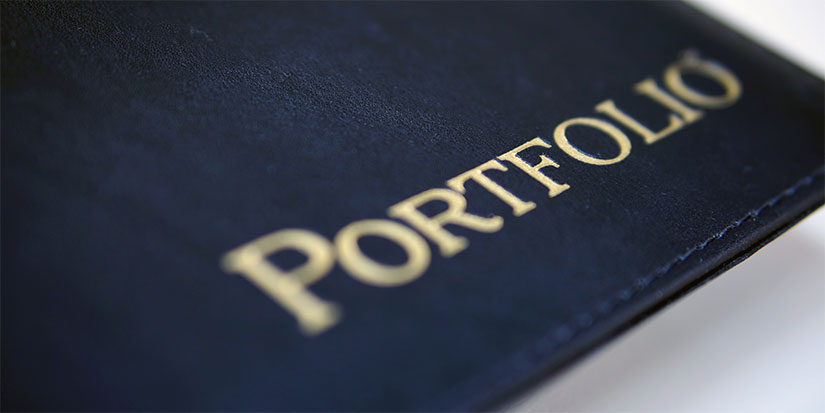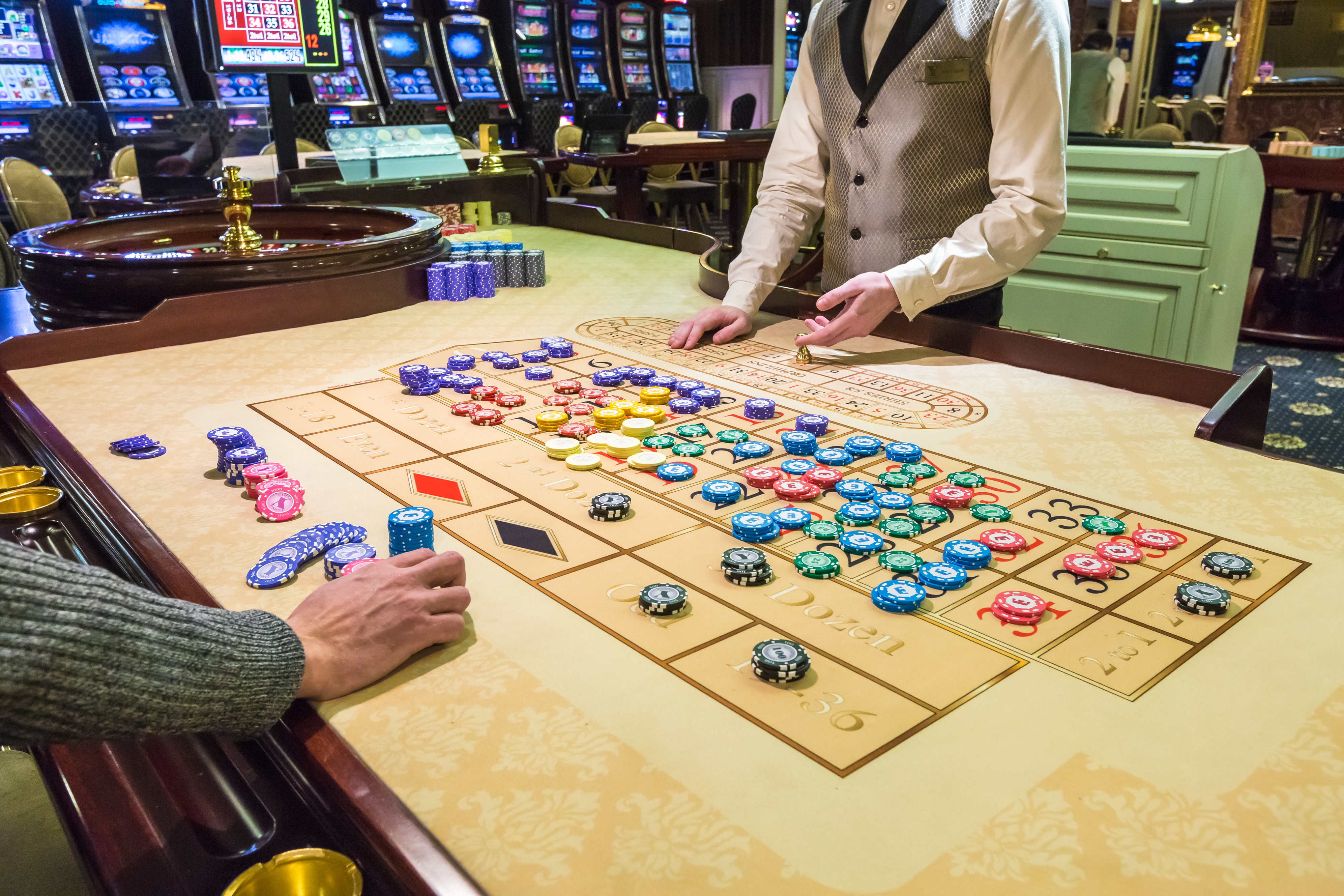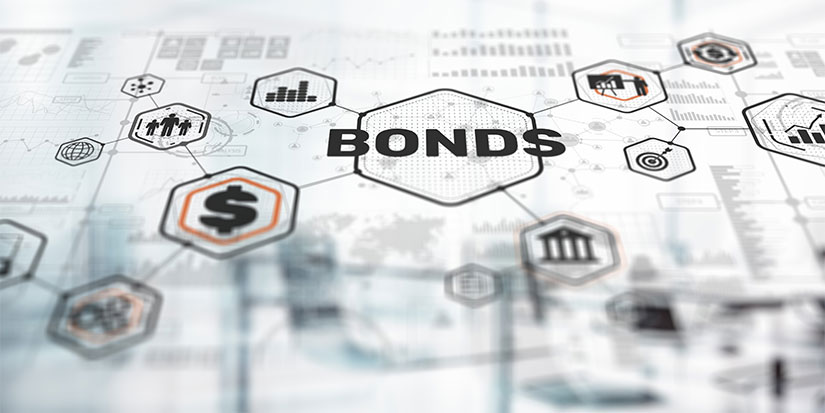
The Long-Awaited Correction
Last week may have been a surprise to most, but it was not a surprise to those who read my newsletters.
Build a Portfolio That Helps You Stay Invested
The pressure to create a strong portfolio that will support you as you approach retirement can be overwhelming.
We’re a Nation of Gamblers
The United States is the only place in the world where people routinely put the bulk of their savings in the stock market without knowing much, if anything, about how markets work.

Nobody Knows How Bonds Work
I began my investing journey at age 23. I got some pamphlet that said I should invest in some bonds to go with my stocks. I didn’t know what a bond was.

Infinity or Zero
You see this a lot in the markets: When people say they will hold an investment forever, they will either make infinity or zero. Well, I’ve never heard of a stock going to infinity, so ultimately what happens is they make zero.
This is a newsletter about taking profits. There is no shame whatsoever in taking profits. You sell it, you pay your taxes, and you move on to the next trade. If you are in a trade where it is frowned upon to take profits (like bitcoin), then you are not in a trade; you are in a cult. I’m being serious. If you are in a trade where there is social pressure to stay long, that is what I would call an investment cult. Get out while you can.
Back in January 2021, I tweeted, “I sold my bitcoin,” and ended up at the bottom of a giant dogpile. If today I tweeted, “I sold my Philip Morris,” nobody would care. Philip Morris is not an investment cult. Bitcoin is, along with GameStop and AMC. That’s not to say that investment cults can’t be profitable, but to make money off them, you need to be a heretic and get out.
FOMO
The main reason people do not sell investments is because they have FOMO. Fear of future regret. They are afraid they will miss out on future gains. Sometimes I sell a stock simply because I have made enough money, which is a good reason to sell a stock. I don’t need to make a million dollars on every trade. If I make $100,000 and it is satisfactory, I will get out.
What do I do next? Find another trade! I see people fall into the trap where they think one stock or ETF is the key to riches, and it is the only one, as though they will never find another trade like it. That’s nonsense. There is always a bull market somewhere, as people are fond of saying. And if nothing is immediately available, you put the cash in a money market fund and wait.
Another reason that people don’t sell stocks is because they don’t want to pay taxes. I completely understand the desire not to pay taxes—who wants to give money to the government when you don’t have to? But the alternative to taxes is losses. If you hang on to the stock long enough, it will eventually turn lower, and you will have losses. But you won’t have to pay taxes! Losses are worse.
Long-term capital gains taxes aren’t that high for the time being, so sell the stock and pay your 20% or whatever. We can’t all be Warren Buffett, who famously holds on to things forever so he doesn’t have to pay taxes. Yes, taxes can eat into your investment returns—a lot. They are also pretty much inevitable.
Endowment Effect
Another reason people don’t sell their stocks is because they become emotionally attached to them. Stocks are a weird thing to get emotionally attached to—they’re just a jumble of letters on your computer screen—but people do. They say, “This stock has been so good to me.” You don’t owe the stock anything. But there is a certain familiarity in opening your brokerage account and seeing your favorite stock there. It would be sad if you had to sell it.
Look, emotions shouldn’t factor into trading. A few years ago, I interviewed Mark Minervini for RealVision. I have never seen a less emotional trader in my life. He doesn’t get attached to anything—he sells stocks remorselessly. He experiences no emotion whatsoever, and he is also one of the best traders of all time. There is a certain inertia about selling stocks—it takes so much effort to press the button and sell it when, really, you are just moving your mouse. Weird, right? We have emotions—we’re not all wired like Mark Minervini, but we have to try.
What is worse: Selling too early or selling too late? I think selling too late is worse. Let’s use the following scenario…
You have XYZ stock, which is trading at $80 per share. It goes up to $100. You think you should sell it, but you don’t. It goes back to $80. Then you say to yourself, “Well, I will sell it when it gets back up to the highs.” But it doesn’t—it goes down to $60. Then you say, “Well, I will just sell it on an uptick back to $80.” But it never gets to $80—it keeps going lower. Selling into strength is a lot easier than selling into weakness, but people get FOMO. Go figure.
Now is probably a good time to be thinking about selling some stocks… just saying.

Jared Dillian, MFA
|
